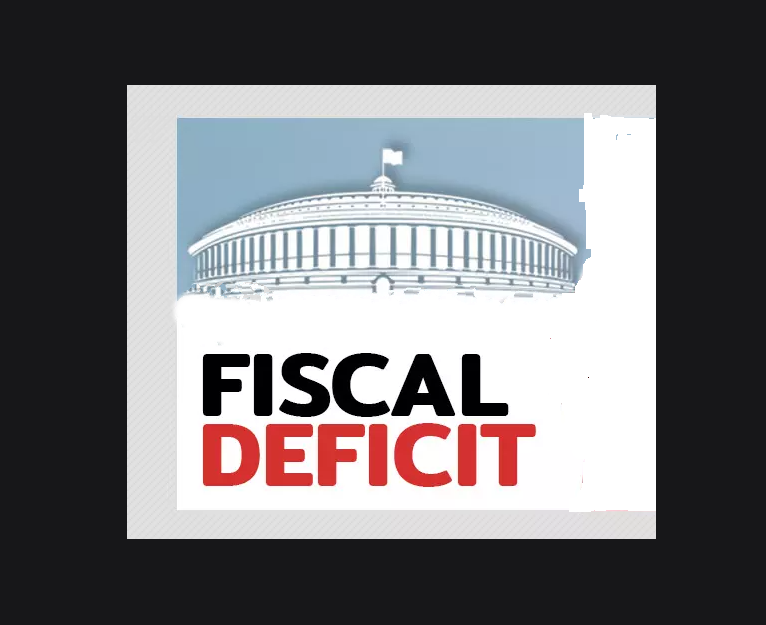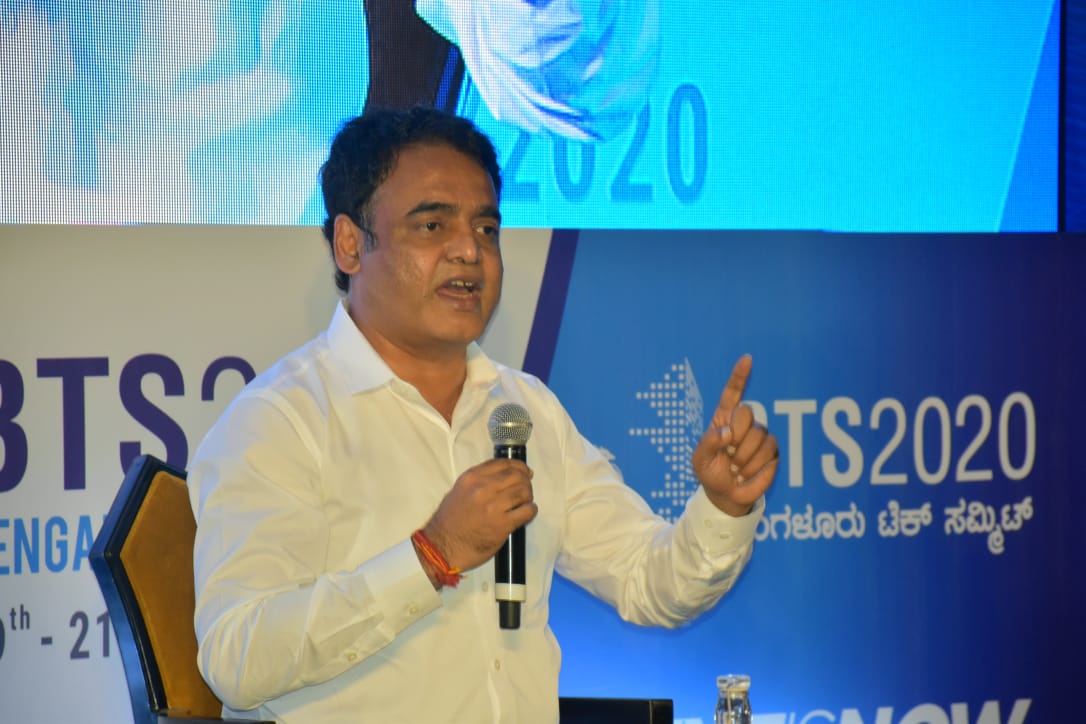A notable increase in RBI’s income, which was driven by profits from foreign exchange sales amounting to Rs 1 trillion, reflects active intervention in the foreign exchange market
New Delhi, NFAPost: Nomura Research has flagged concerns regarding the achievement of the fiscal deficit target of 5.9% of gross domestic product (GDP) for the financial year 2023-2024.
According to a report by Nomura, it has identified several factors that contribute to the risk highlighted, which include- the potential shortfall in nominal GDP growth, lower tax buoyancy, a constrained budget for revenue expenditure, and ambitious goals for capital expenditure.
Even though the higher dividend from the Reserve Bank of India (RBI) gives a fiscal windfall of more than Rs 50,000 crore (0.17% of GDP), the report suggests that this gain is likely to be offset by an equal slippage in the fertiliser subsidy.
According to a Moneycontrol report, RBI in its recent board meeting approved the transfer of Rs 87,416 crore as a dividend to the government for the fiscal year 2022-23. The payment is noteworthy, given that the central bank had previously approved a dividend of Rs 30,307 crore for the government after its board meeting in May 2022.
Nomura in its report also highlighted the reasons for the higher-than-expected dividend payments which have been made to the government. A notable increase in RBI’s income, which was driven by profits from foreign exchange sales amounting to Rs 1 trillion, reflects active intervention in the foreign exchange market. Also, RBI’s higher interest income from its holdings of domestic and foreign securities outweighed losses incurred in liquidity operations.
The central bank allocated Rs 1.3 trillion to a contingency fund that protects from risks that arise from securities depreciation and monetary/forex operations.
This allocation highlights a rise as compared to the previous year, with the contingency fund now accounting for 6% of RBI’s balance sheet, going beyond the typical range of 5.5-6.5%.





